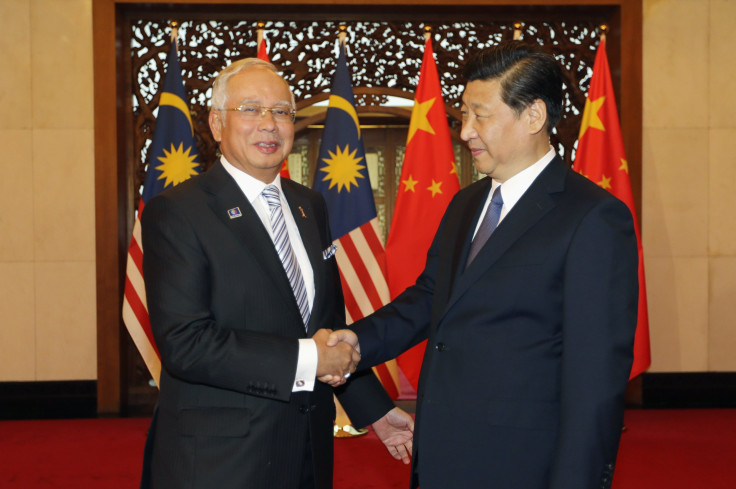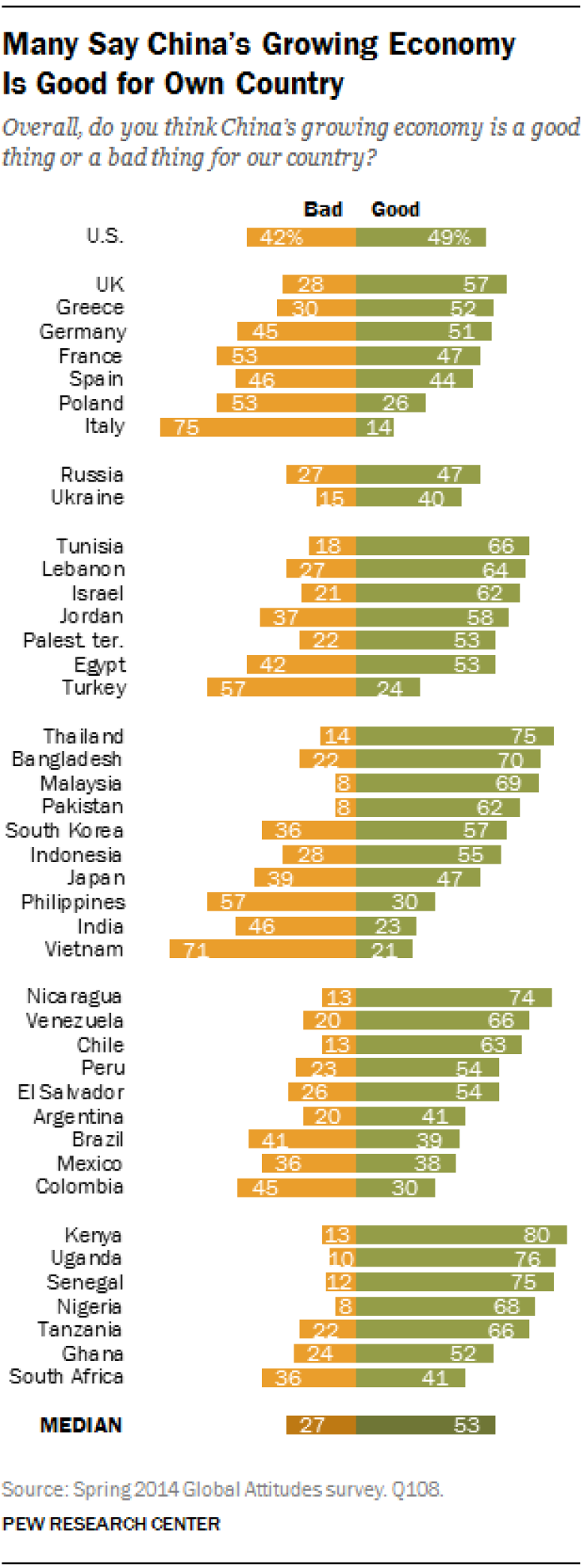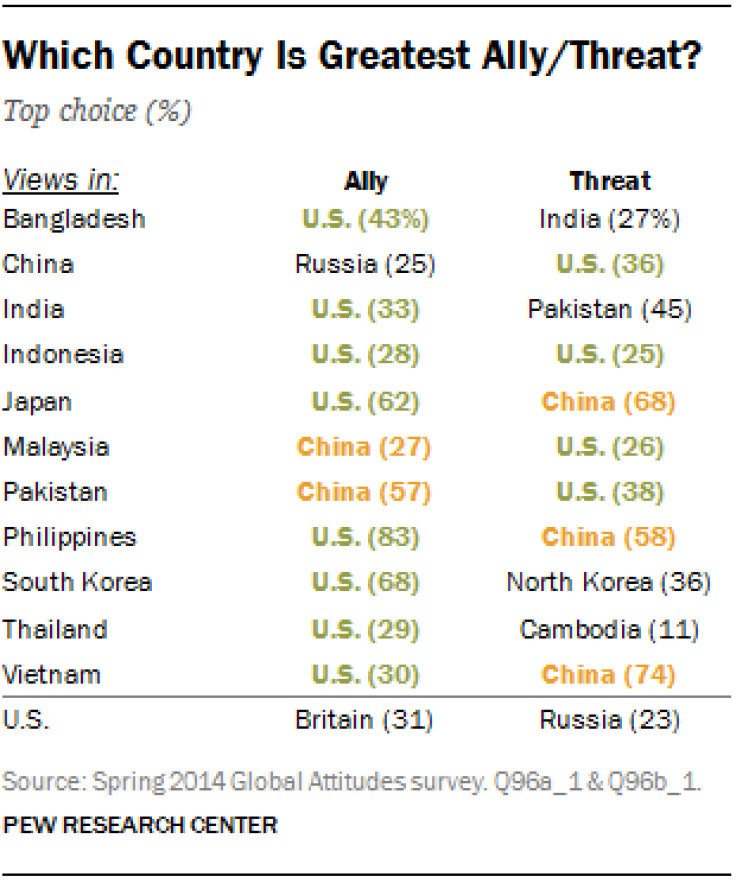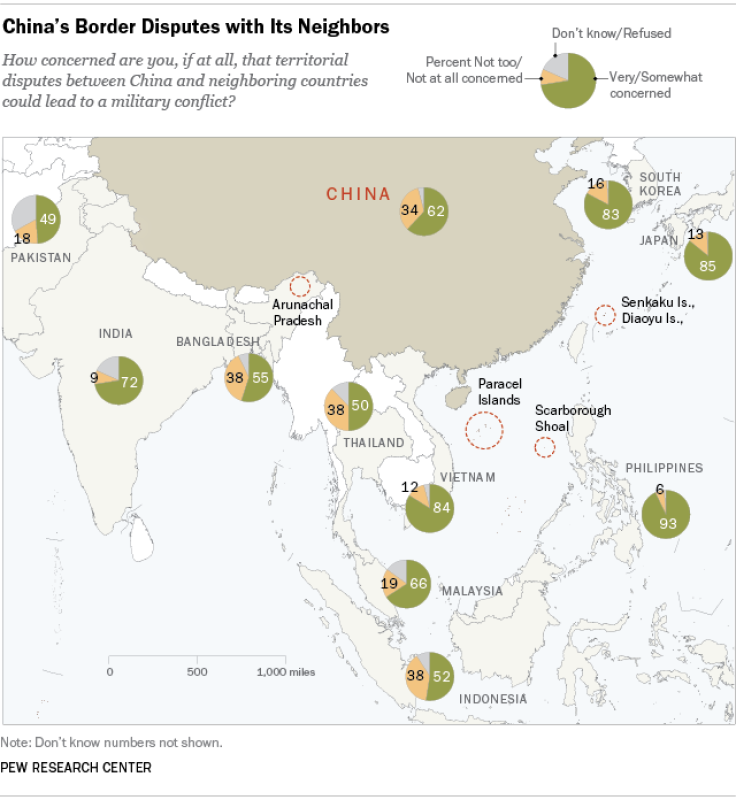Survey Reveals Limits Of China's Soft Power As Beijing Affirms National Interest

Pew Global Research released the results of its “Balance of Power” survey, and it contains a lot of interesting data about what the world thinks about China. On the whole, impressions of China are positive: A slight majority views its still-impressive economic growth as a net positive for their own country, and those countries where China’s engagement has been most conspicuous -- such as in sub-Saharan Africa -- are particularly positive.

But the Pew data also contains information that may be cause for concern within Beijing: China’s Asian neighbors have become wary of the country’s influence in the region. Of the 10 Asian countries surveyed (excluding China itself), only two -- Pakistan and Malaysia -- view China, not the United States, as their principal ally.

For a Chinese government that has invested billions in promoting its soft power -- a measurement of a country’s influence beyond basic economic and military strength -- this news isn’t welcome. But neither is it surprising: China’s aggressive pursuit of territorial claims in the South and East China Sea have put Beijing at odds with several of its neighbors, particularly Japan and Vietnam. A majority in each country surveyed expressed strong concerns about territorial disputes with China.

Of course, the Chinese government has other concerns than mere global popularity. Beijing has stated that it views its maritime claims as core national interests. So the question remains: Can China be both popular and powerful at the same time?
© Copyright IBTimes 2024. All rights reserved.












